BOOKS
This innovative text explores the nature of European politics in the context of the origin and institutional development of the European state system. Underlying the analysis are a More >
The collapse of the multiethnic, multireligious, and multilingual Ottoman Empire after World War I led to the establishment of several nation-states, with enormous repercussions for the More >
Discussions of democratic backsliding typically include examples from Hungary, Poland, Turkey, and even the United States, but rarely a mention of Israel. Neta Oren asks: Should scholars More >
In a country whose citizens have experienced prolonged exposure to intractable conflict, are there unique features to be found in Israeli society’s core beliefs? And how—and to More >
Manuel Orozco moves beyond the numbers to provide a uniquely comprehensive, historically informed overview and analysis of the complex role of migrant remittances in the global More >
Wambui Waiyaki Otieno, Kenyan activist and wife of the late S.M. Otieno, recounts her involvement in nearly a half-century of East African politics: her years in the Mau Mau movement, her More >
After the autocratic regimes in the seemingly unassailable police states of Tunisia and Egypt suddenly collapsed in 2011, the Islamic parties that took over quickly succumbed in turn to More >
Mohammed bin Salman. A monarch-to-be without scruples? Or a visionary seeking a path to global power? A social reformer determined to bring his country into the twenty-first century? Or just More >
The result of an ongoing collaborative effort, this book analyzes the constraints faced by Latin American countries as they seek both to consolidate fragile democratic regimes and to restore More >
Oyono’s third novel is the bittersweet, first-person story of Aki Barnabas, a young Cameroonian scholar who seeks to become “someone” by using the rules of the colonial More >



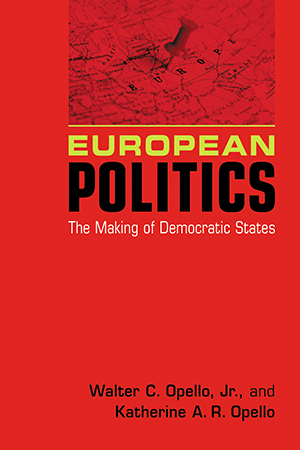
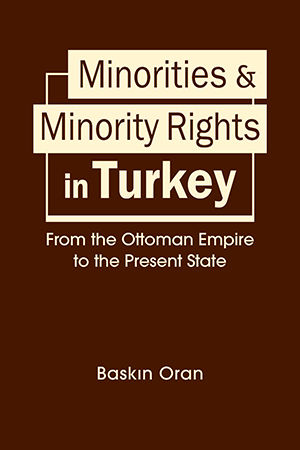

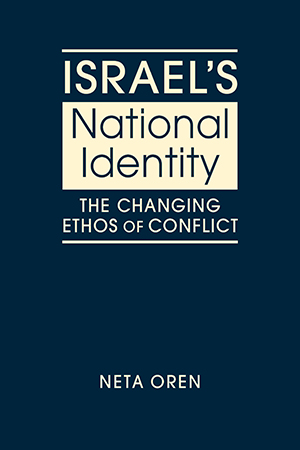
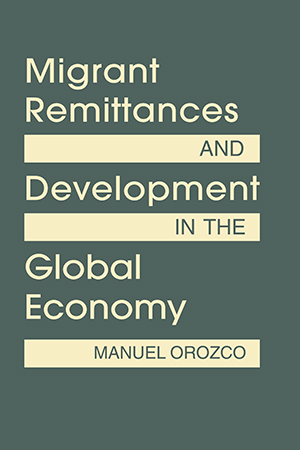
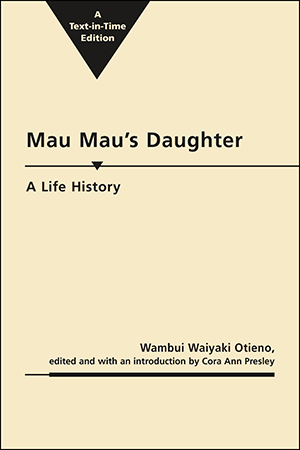
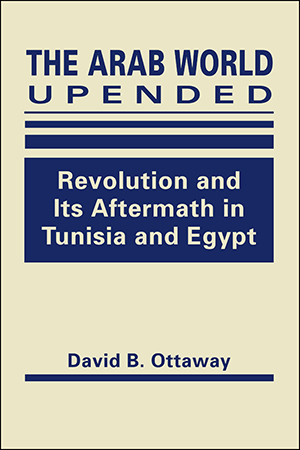
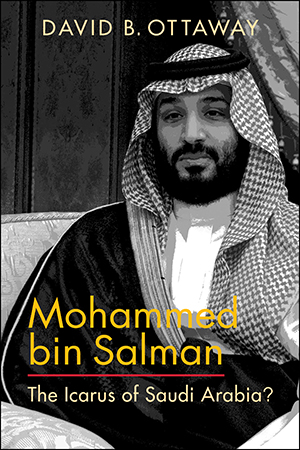
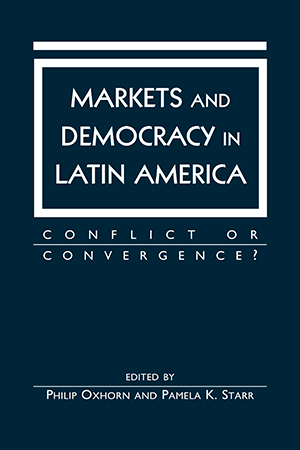
![Road to Europe [ a novel]](/imgs/cover-unavailable.jpg)




